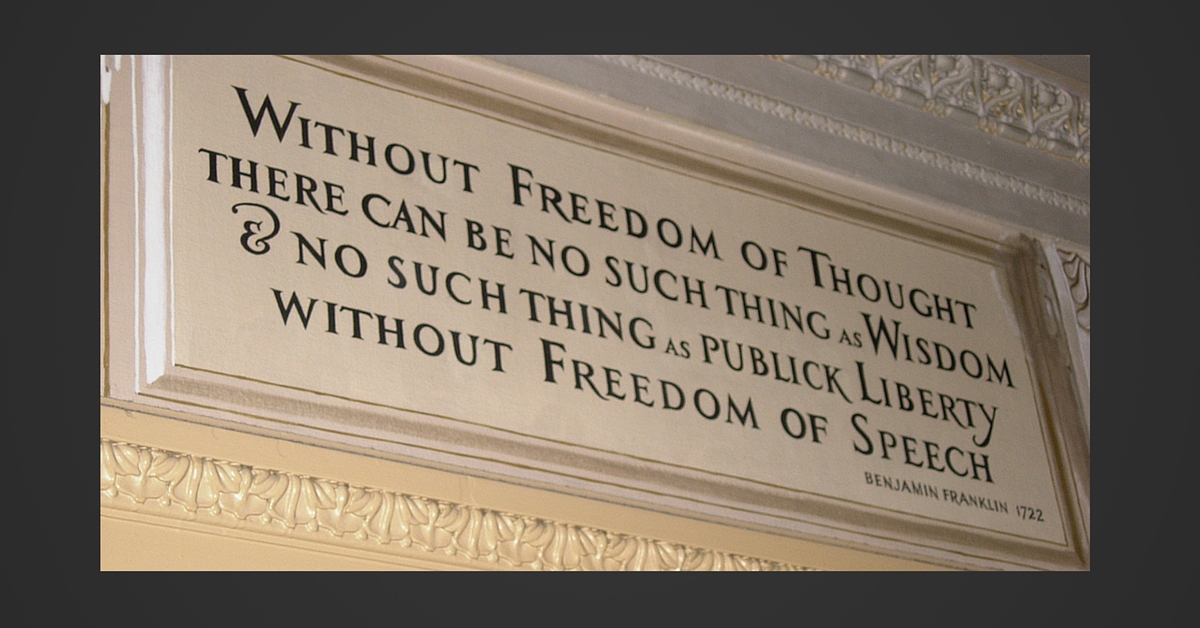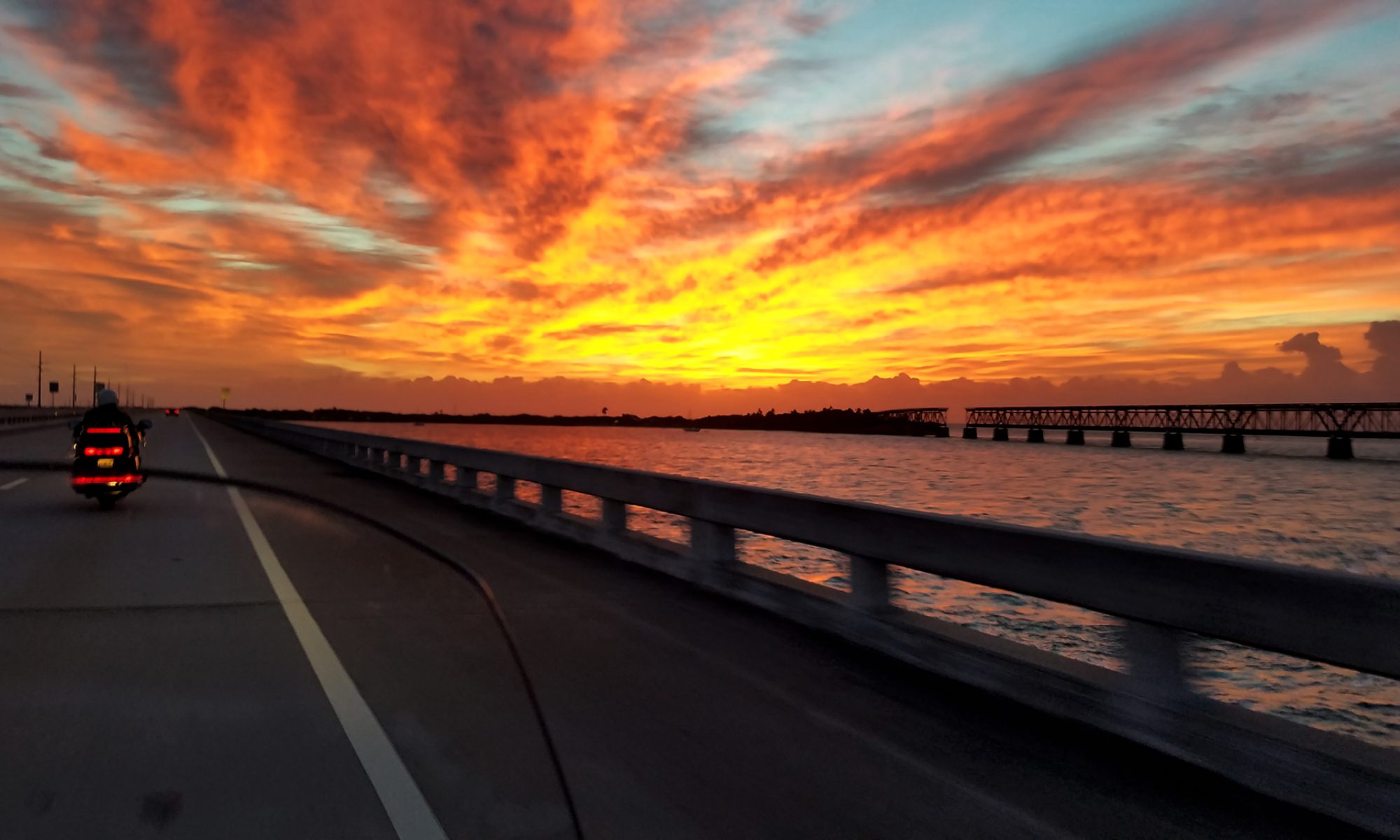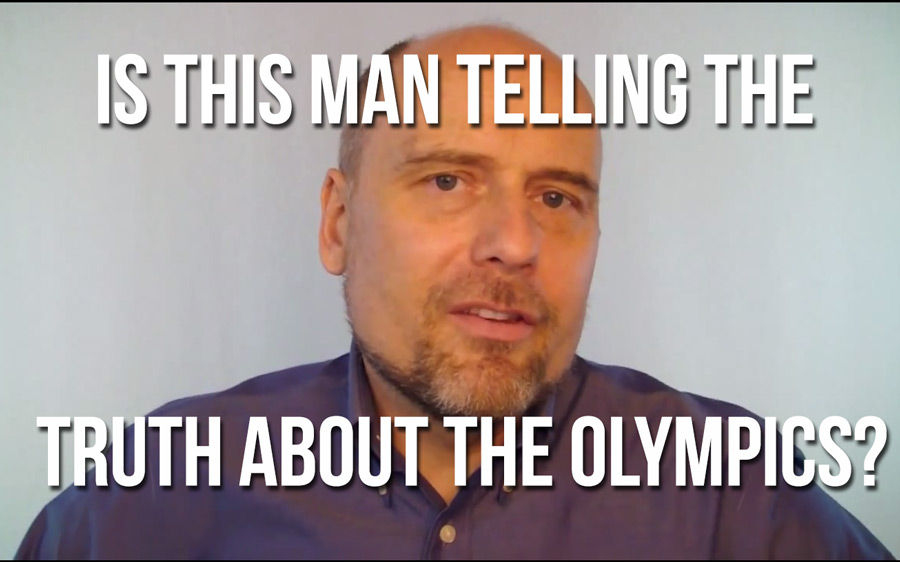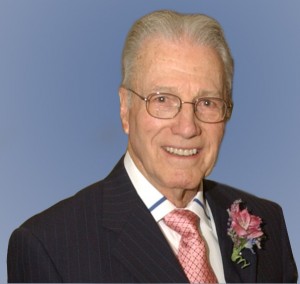One of the serious considerations of our time is the need to store and have reasonably usable access to all the digital media we are creating.
How often do we snap a photo and upload straight from our mobile devices to services like Instagram and Facebook?
How easy is it, using the apps on our phones, to bang out a tweet or a status update?
But have you ever given any thought to what might happen if those sites disappeared? How much of your personal life is recorded there?
Consider my own situation.
I joined Facebook in 2008, coming up on 8 years ago now, and have had countless meaningful interactions there with people I care about (let’s set aside all the less meaningful interactions for the moment).
In that time, I’ve been through maybe 6 or 7 smartphones. I’ve snapped thousands of photos, many of which I have no idea where to find at the moment*, but some of which I have uploaded to sites like Facebook, Twitter, and various iterations of what is now Google Photos.
Unlike in decades past, today we simply don’t “print” the photos we take (I can’t think of a good reason why I would, frankly), but this means that we also don’t give much consideration to what happens to those photos—not to mention our personal interactions and communications, and even stuff we upload to the web or social networks—after the fact.
I don’t purport to have all the answers. In fact, my purposes in writing this post today are more around sparking some thought rather than speaking to specific solutions, which almost certainly will vary from person to person.
But if you treat your social media profiles like a de facto backup of some of your most treasured photos (like I have), and you’ve had meaningful interactions with others on social networks (like I have), then an important question needs to be raised:
What would you lose if one or more of these sites were to shut down?
This week, I spent a fair amount of time getting better acquainted with some of the principles established by the #Indieweb community. This is a group of people committed to the creation and viability of the “open web.”
The terminology around the “open web” is used to draw a distinction between the web that can and should be created and used by individuals, as opposed to the “corporate web,” which is centered around commercially driven services.
One of the goals of the movement is to keep the web open and free. This doesn’t exclude the usage of paid services—on the contrary, it’s clear that even users of the open web will need to pay for services like domain registration and web hosting (although there are, as I discovered this week, more free options for those items than I would’ve guessed).
In fact, the distinction between the “free and open” web and the “corporate” web isn’t so much one of payment, but rather of ownership, access to, and control over one’s own data.
To illustrate this, IndieWebCamp, one of the groups central to the #IndieWeb movement, maintains a list of “site deaths,” which are often free (but not always) services for users to write blogs and upload/store/share photos, among other things, but which have famously shut down over the years. Often, this leaves users with little or no opportunity to download the data they’ve stored on these services.
Examples? When Geocities shut down in 2009, something like 23 million pages disappeared from the web. Previously, AOL killed off AOL Hometown, removing more than 14 million sites from the web. Google has killed off a number of products, including Google Buzz, Google Reader (which personally affected me), Google Wave, and countless others.
In many cases, users had even paid for the services, but due to a variety of factors, such as:
- lack of profitability
- changes in ownership
- mismanagement
- shifts in direction, and even
- loss of interest on the part of the owner(s)
…the services get shut down anyway.
There are a couple of tragic ramifications of these site deaths.
One is that often the people most harmed are the ones least knowledgeable about setting up and maintaining their own web presence.
Often the appeal of a free or inexpensive blogging platform (for example) is that one doesn’t need to gain any real know-how in order to use it.
While that’s great in terms of getting people to get started publishing on the web or otherwise using the web (which I’m certainly in favor of), it has often ultimately sucker-punched them by never creating an incentive (until it’s too late, of course) to gain the minimal amount of knowledge and experience they would need to maintain something for themselves.
Even when the users are given the opportunity to download their data, which is not always the case, these are the very people least likely to know how to make use of what they’ve downloaded.
Another tragic loss is for the web community at large. When a service of any significant size shuts down, often this results in the loss of tremendous amounts of information. Vanishing URLs means broken links throughout the parts of the web that remain, which makes the web less useful and more costly to maintain for us all.
Some of what is lost is of more value to the individuals that originally uploaded or published it than to the rest of us, of course. But even personal diaries and blogs that are not widely read contribute to our large-scale understanding of the zeitgeist of the times in which they were created, and that is something that could be preserved, and for which there is value to us from a societal perspective.
Geocities, as an example, has accurately been described as a veritable time capsule of the web as it was in the mid-1990s.
Maintaining Our Freedoms
At the risk of being accused of philosophizing here, I’d like to step away from the pragmatic considerations around the risk of losing content we’ve uploaded, and look for a moment at a more fundamental risk of loss: our freedom of speech.
The more we concentrate our online speech in “silos” controlled by others, the more risk we face that our freedoms will be suppressed.
It’s a simple truth that centralization tends toward control.
Consider this: according to Time, as of mid-2015 that American Facebook users spend nearly 40 minutes per day on the site.
According to a study published in April, 2015, a team of researchers found that the majority of Facebook users were not aware that their news feed was being filtered and controlled by Facebook. (More on this here.)
As a marketer, I’ve understood for many years that as a practical consideration, Facebook must have an algorithm in order to provide users with a decent experience.
But the question is, would Facebook ever intentionally manipulate that experience in order to engineer a particular outcome?
In fact, they would.
So… we’re spending an enormous amount of our time in an environment where most of the participants are unaware that what they see has been engineered for them. Furthermore, the audience for the content they post to the site is also then being manipulated.
Let me emphasize that it’s clear (to me, at least) that Facebook has to use an algorithm in order to provide the experience to their users that keeps them coming back every day. Most users don’t realize that a real-time feed of all the content published by the other Facebook users they’ve friended and followed, combined with content published by Pages they’ve liked, would actually be unenjoyable, if not entirely unusable.
But the logical consequence of this is that a single point of control has been created. Whether for good or for ill—or for completely benign purposes—control over who sees what we post exists. Furthermore, anyone is at risk of having their account shut down for violating (knowingly or unknowingly, intentionally or otherwise) a constantly-changing, complex terms of service.
So… even if you aren’t concerned about a service like Facebook shutting down, there remains the distinct possibility that you risk losing the content you’ve shared there anyway.

In other words, someone else controls—and may, in fact, own—what you’ve posted online.
What Can We Do?
All of this has strengthened my resolve to be committed to the practice of owning and maintaining my own data. It isn’t that I won’t use any commercial services or even the “silos” (like Facebook and Twitter) that are used by larger numbers of people, it’s just that I’m going to make an intentional effort to—where possible—use the principles adopted by the IndieWeb community and others in order to make sure that I create and maintain my own copies of the content I create and upload.
There are 2 principal means of carrying out this effort. One is POSSE: Publish on your Own Site, Syndicate Everywhere (or Elsewhere). This means that I’ll use platforms like Known in order to create content like Tweets and Facebook statuses, as often as practical, and then allow the content to be syndicated from there to Twitter and Facebook. I began tinkering with Known more than a year ago on the site social.thedavidjohnson.com.
As an example, here is a tweet I published recently about this very topic:
Spending some time this week getting better acquainted with the #indiewebcamp community. Lots to learn!
— David G. Johnson (@TheDavidJohnson) January 30, 2016
While it looks like any other tweet, the content actually originated here, where my personal archive of the content and the interactions is being permanently maintained. This works for Facebook, as well.
I’m making the decision now to gradually shift the bulk of my publishing on social networks to that site, which will mean sacrificing some convenience, as I’ll have to phase out some tools that I currently use to help me maintain a steady stream of tweets.
The payoff is that I’ll have my own permanent archive of my content.
In the event that I’m not able to find suitable ways to POSSE, I will begin to utilize the PESOS model: Publish Elsewhere, Syndicate to your Own Site.
Since some of the silos that I use don’t permit federation or syndication from other platforms, I’ll be pulling that content from the silo(s) in question back to my own site. An example is Instagram, for which inbound federation is currently difficult, but for which outbound syndication (back to my own site) is achievable.
Not as Hard as it Sounds
I am, admittedly, a geek. This makes me a bit more technically savvy than some people.
But… the truth of the matter is that this really isn’t hard to set up. The IndieWebCamp website provides an enormous wealth of information to help you get started using the principles of the IndieWeb community.
And it can begin with something as simple as grabbing a personal domain name and setting up a simple WordPress site, where if you use the self-hosted version I’ve linked to, you’ll have the ability to publish and syndicate your content using some simple plugins. Alternatively, you could use Known, which has POSSE capabilities (and many others) baked right in.
There are loads of resources on the web to help you take steps toward owning and controlling your own data.
Note: For those who live in or around Sarasota, if there’s enough interest, I’d be open to starting a local group (perhaps something of a Homebrew Website Club), to help facilitate getting people started on this journey. Respond in the comments below or hit me up on Twitter if you’re interested.
Personal Note of Gratitude
I’m indebted to a long series of leaders who have worked to create the open web and have personally influenced me over a number of years to get to where I am today in my thinking. There are many, but I’d like to personally thank a few who have had a greater direct impact on me personally. They are:
- Matt Mullenweg, co-founder of WordPress. Matt helped me understand the important role of open source software, and although he didn’t invent the phrase, he personally (through his writings) introduced me to the idea of “free as in speech, not free as in beer.”
- Kevin Marks, advocate for the open web whose tech career includes many of the giants (e.g. Google, Apple, Salesforce, and more). Kevin understands the technology, the ethical and societal implications of factors effecting the open web, and has taken on the responsibility of serving as a leader in many ways, including in the IndieWeb community.
- Ben Werdmuller, co-founder of Known. Ben and his co-founder, Erin Jo Richey, have also stepped up as leaders, not only creating technology, but endeavoring to live out the principles of the open web.
- Leo Laporte, founder of TWiT. As a broadcaster, podcaster, and tech journalist, Leo was instrumental in introducing me to people like Kevin Marks and Ben Werdmuller by creating and providing a platform for concepts like these to be discussed.
As I said, there are plenty more I could mention. In today’s world of the internet, we all owe an incredible debt of gratitude to many who have worked tirelessly and often selflessly to create one of the greatest platforms for free speech in all of history. Their legacy is invaluable, but is now entrusted to us.
Let’s not screw it up.
*I’ve got most of them. They’re stored on a series of hard drives and are largely uncatalogued and cumbersome to access. Obviously, I need to do something about that.





 Yesterday, my brother sent me a link to this video (posted below). It features some analysis and commentary on the Olympics that you might actually find startling.
Yesterday, my brother sent me a link to this video (posted below). It features some analysis and commentary on the Olympics that you might actually find startling.